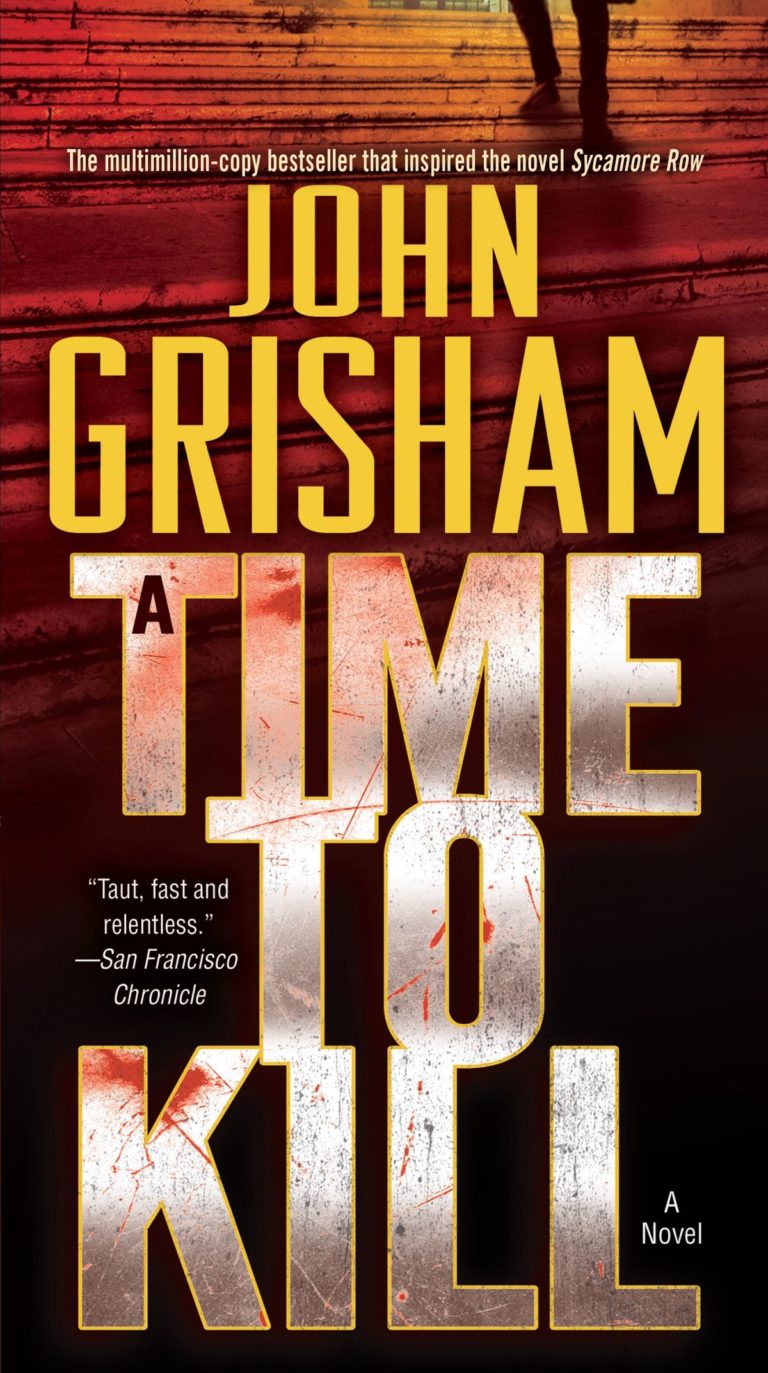

Shortly before Roberson lost in the Texas courts, a woman named Jennifer Del Prete was released from prison in Illinois after making similar legal claims about “shaken baby syndrome” in that state's courts. There’s no way to know how many convictions - or even executions - have been based on flawed or misinterpreted evidence, and there is little logic to who wins relief and who does not. Chris Fabricant, a lawyer for the New York-based Innocence Project, which works to overturn wrongful convictions across the country, and who wrote the 2022 book “Junk Science and the American Criminal Justice System.” But “these methods were developed by law enforcement to solve possible crimes, not in laboratories.” Often a police officer could become qualified as an “expert” with a few days of training, and portray their subjective analysis as impartial science on the witness stand.

“We believed anyone in a lab coat with letters after their names,” said M. Since the 1980s, nearly a quarter of overturned convictions have featured “false or misleading forensic evidence,” according to the National Registry of Exonerations, a collaboration of several universities that tracks such cases. In recent years, prisoners and their lawyers have challenged a number of forensic disciplines: from hypnosis to roadside drug tests to testimony about blood splatter, hair, photographs, burn patterns, bite marks, tire tracks and speech patterns. legal system: Convictions are supposed to be final, but science changes. Their arguments point to a tension in the U.S. Scientists, doctors, judges and death row exonerees have filed briefs framing the case as an opportunity to stop wrongful convictions based on what some call “junk science.” Supreme Court, which will decide whether to hear his case in the coming weeks. Roberson’s lawyers are now seeking review from the U.S. “He’s not getting mad, he’s not getting sad, he’s just not right,” Wharton recalled. But Wharton never could make sense of the man’s demeanor throughout these events. The father speculated that she’d fallen out of bed, but a pediatrician concluded that she had been shaken “very forcefully.” As a detective with the Palestine Police Department, Wharton deduced the father was to blame and testified at the 2003 trial, where Roberson was sentenced to death. A father named Robert Roberson had shown up at an emergency room with his 2-year-old daughter, Nikki Curtis. Long after he retired from solving murders in rural east Texas, Brian Wharton looked back on one of his biggest cases with unease. Sign up for our newsletters to receive all of our stories and analysis. The Marshall Project is a nonprofit newsroom covering the U.S. These are the stories that you need to know about capital punishment's past, as well as its uncertain future.


 0 kommentar(er)
0 kommentar(er)
